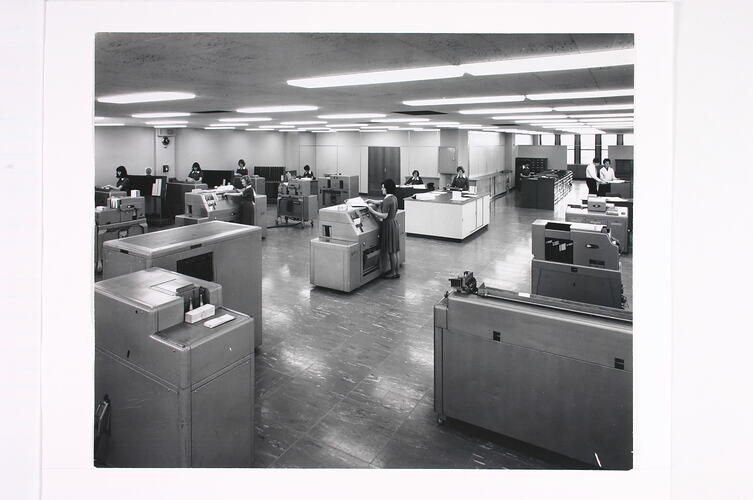On Contemporary Photography; The Analog Resurgence In A Digital World
Anonymous Author
Over the past year, I have worked as an assistant in multiple photographic film developing labs. Every shift I develop, scan, and colour correct thousands of photographs. It is an unequivocally bizarre experience, flicking through the endless pool of images that have become so familiar, framed within layers of emulsion, the silver halide crystals reacting to a sharp moment of light. My job comes with the burden of deciphering significance in a world exhausted by images.
Babies being born, dinner parties, feet, cocaine, sex, picnics, school camp, protests, children crying, family holidays, paintings, dancing, the wilderness, Loneliness, Christmas, and New Years. All of these moments amalgamate into timely timelessness. Scanning through image after image, time races back and forth. Any suggestion of linearity between each moment of time caught in an image is abandoned.
I scanned a man’s pictures the other day. Every few months he drops off old and new negatives from his young adulthood to the present moment to have them scanned for his personal archive. I’ve seen this man who is now in his late fifties back to his early life. ‘Now’ loses its meaning when it gets muddled up with ‘then’, ‘when’, ‘past’ and ‘present’. Through the birth of his children to his Europe trip in the early 1990s. A wedding (back , forward, back) to a birthday. Order is lost and the only thing holding any unified sense is my own passing judgment. But it all whirls by so fast there isn’t much time to think too hard. Maybe a smile graces the corner of my lips or a witty thought runs across my mind. Nevertheless I always forget. 100,000 images in 30 days does a number on your own recollection of time. I misplace my own memories in order to hold onto yours for a few seconds a day. There’s only so much room in one mind. But I don’t mind. But maybe I do mind and I just can’t remember. I am still attempting to decipher the most memorable images that have made their way to the computer screen and how it has corrupted my own sense of reality.
In the beginning, pulling the veil away from the mystique surrounding the activities behind the closed doors of a commercial darkroom engrossed me in a compulsive fascination. I was unable to escape the desire to uncover what went on inside; how a photograph comes into being and the way other people see. However, when reality dawns on you, it cannot be re-concealed. Astonishing amounts of negatives never to be collected, exhausted chemical waste, heavy metals, and endless plastic canisters. My hands crafting these materials into something so sentimental, overridden by a poignant reminder of what impact it has. The way we consume images corrupts not only our sense of personal history but the vivid ecology we exist within.
By repeatedly attempting to capture the feelings that pervade these moments in a material form, we inevitably impose discarded waste on the landscape. The chemicals we use to develop a roll of film, the mining required to extract the metals we use to build our cameras, the trees torn down to produce printing paper, and the inevitable waste that extracting these materials produces. The reduction of the natural world to material resources that create images is how photography is reconstructing the physical world. Anyone can now meddle with what is arguably Ecology's most fundamental facet; we can reconstruct time on our own terms.
No matter how many birthdays, holidays, picnics or nights out occurs, the compulsion to capture what feels like an incomparable sentiment is reinforced by the materiality of film.
Behind the closed doors of a processing lab I see the repetitive reality of our lives. I can’t help but question the compulsion to reinforce our significance through the excess of images and what point they loose their meaning altogether.
Photograph - Kodak Australasia Pty Ltd, Data Processing Equipment Room, Building 8, Kodak Factory, Coburg, 1964
“A photograph remains surrounded by the meaning from which it was severed”

